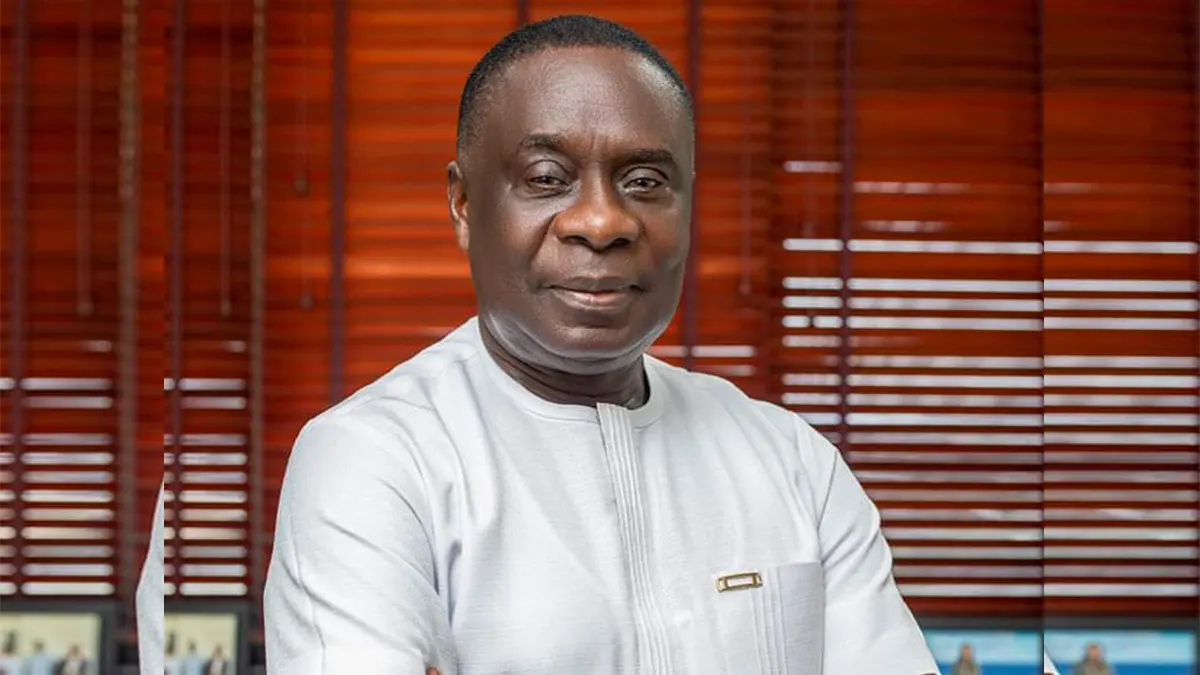Ghana’s democracy has made significant strides since the country gained independence from British colonial rule in 1957. The nation has transitioned from authoritarianism to a multi-party democracy, with Jerry Rawlings’ presidency marking a significant turning point. However, recent events have raised concerns about the government’s handling of justice and media attention.
Activist Oliver Barker-Vormawor expressed disappointment over the government’s priorities, stating that Gyekye Quayson’s acquittal should have been a major news story. Instead, it was overshadowed by the failed arrest of Rev. John Ntim Fordjour by the National Intelligence Bureau. This perceived misdirection has sparked debate about the government’s management of its image and the justice system.
The politicization of justice is a pressing concern in Ghana, with many arguing that the government is using the judiciary to settle scores with its opponents. The acquittal of Gyekye Quayson, a prominent politician, was seen as a significant victory for the opposition. However, the government’s response to the acquittal has been criticized for being dismissive and unrepentant.
The media plays a crucial role in Ghana’s democracy, providing a platform for citizens to express their views and hold the government accountable. However, the government’s handling of media attention has been criticized for being selective and self-serving. By prioritizing its own image over transparency and accountability, the government is undermining the very foundations of democracy.
Ghana’s democratic institutions have been praised for their stability and effectiveness, but challenges remain. The country’s Electoral Commission and judiciary have played crucial roles in maintaining democratic stability, but there are concerns about their independence and effectiveness. The government must take steps to strengthen these institutions and ensure that they are free from political interference.
As Ghana continues to navigate the complexities of democracy, it is essential to consider the broader implications for the country’s development. The government’s response to these challenges will be crucial in maintaining public trust and confidence in its leadership. By promoting transparency and accountability, the government can build a more inclusive and responsive democracy that serves the needs of all Ghanaians.
In recent years, Ghana has faced various challenges related to governance and democracy. The country has struggled with corruption, economic mismanagement, and public debt, which can undermine democratic institutions. However, Ghana’s democracy has shown resilience, with peaceful transfers of power and a relatively free press.
The incident has also raised questions about the role of civil society in Ghana’s democracy. As a key player in promoting transparency and accountability, civil society organizations have a critical role to play in holding the government accountable for its actions. However, their actions must also be guided by a commitment to transparency and accountability.
As the situation unfolds, it is essential to consider the potential consequences of the government’s actions. The outcome will have significant implications for Ghana’s democratic development and the rights of its citizens. The government’s response to these challenges will be crucial in maintaining public trust and confidence in its leadership.









